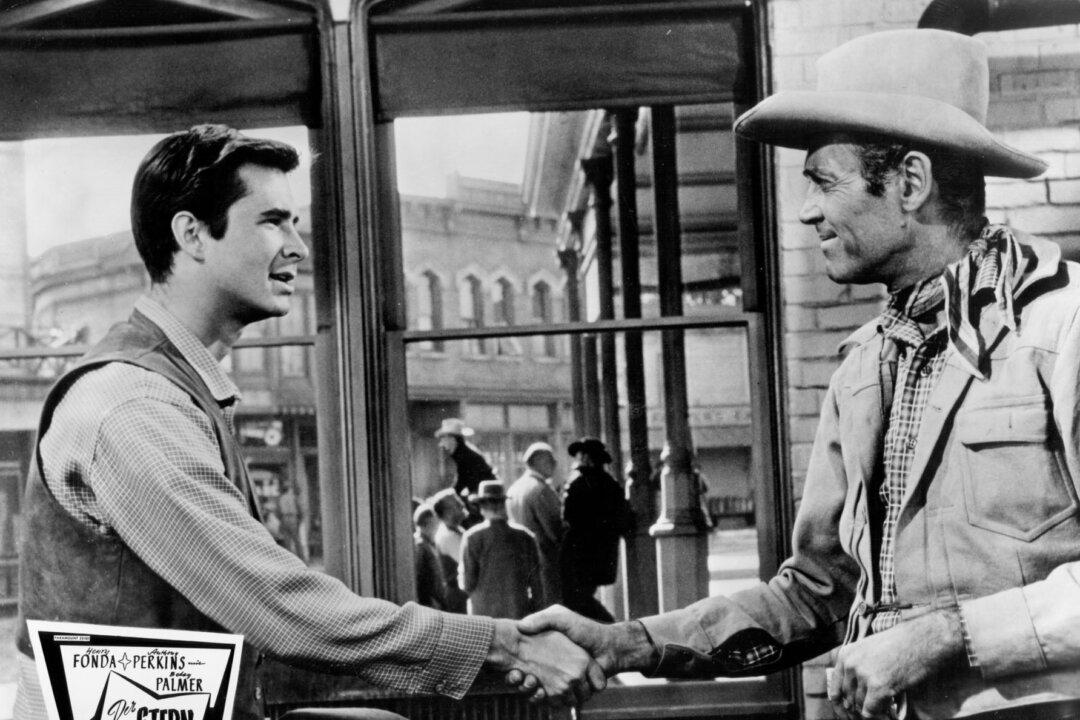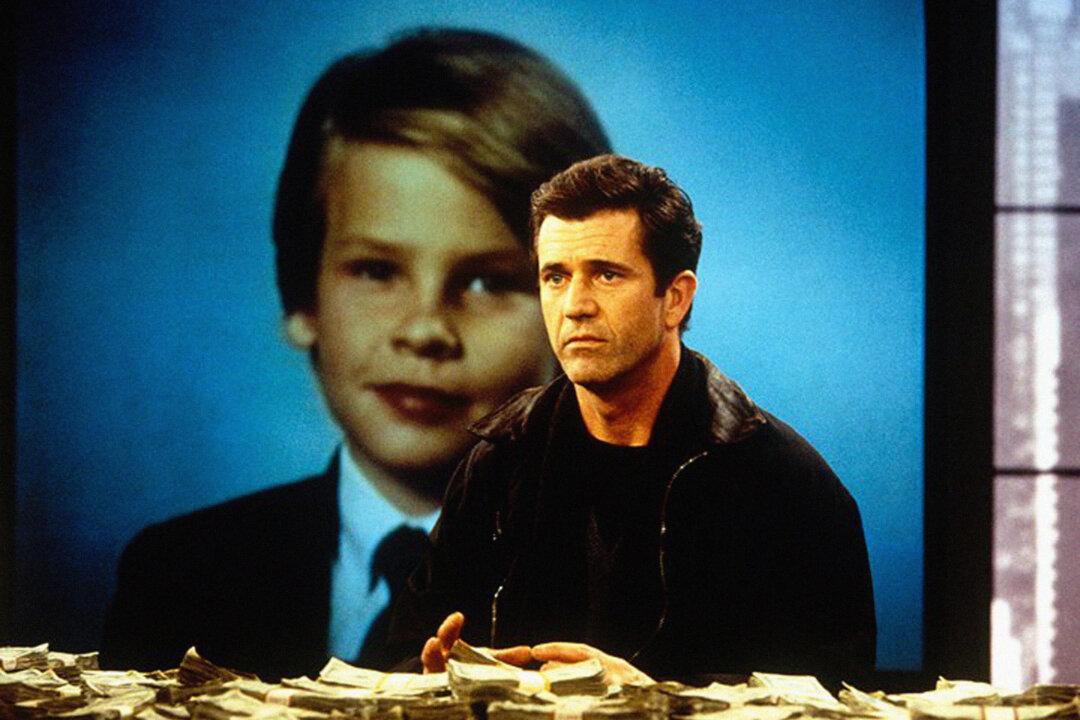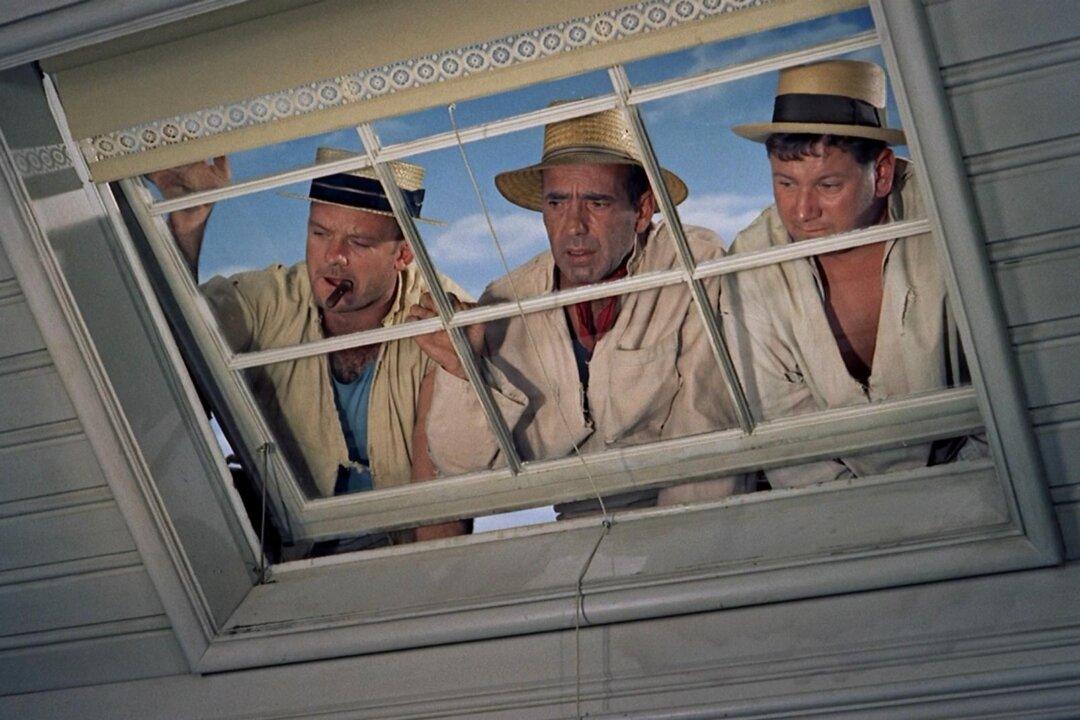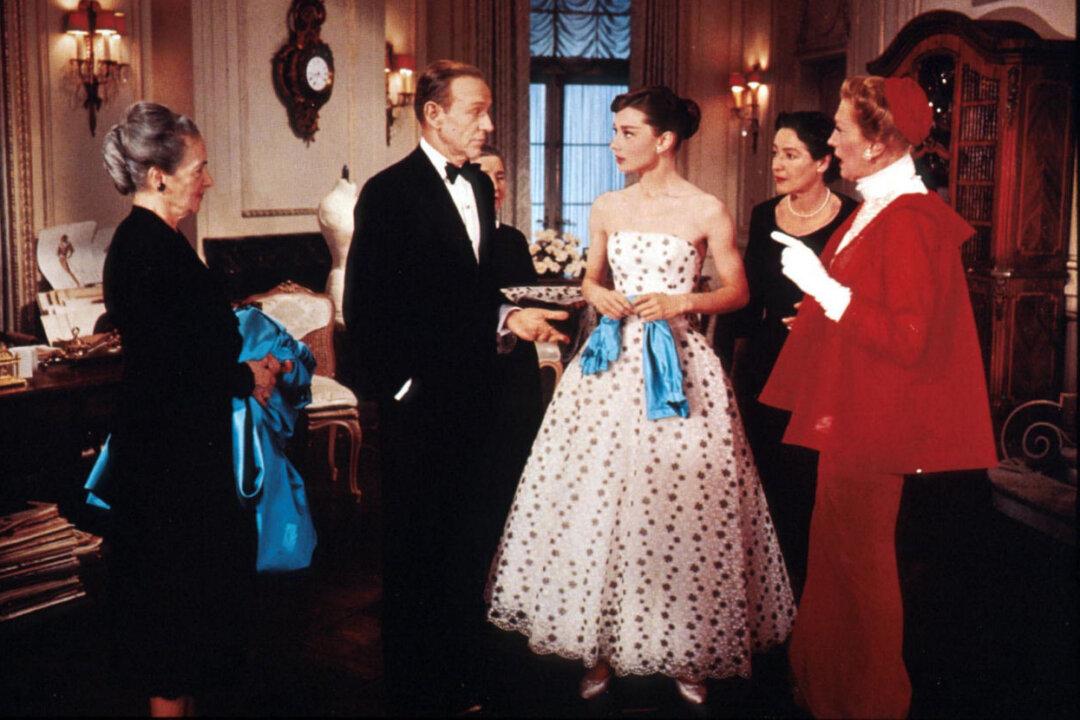NR | 1 h 33 min | Drama, Western | 1957
Millie Parker (Mary Webster) cares for the young, idealistic sheriff, Ben Owens (Anthony Perkins) but not for his tin star. To her, that shiny badge stands for only one thing: death. If she’s going to spend the rest of her life with him, he must quit as sheriff. Her father, who’d been sheriff for 20 years, has just been killed on duty. She doesn’t mind someone keeping the peace, as long as it’s someone else: “I’m going to be a wife, not a widow!”





